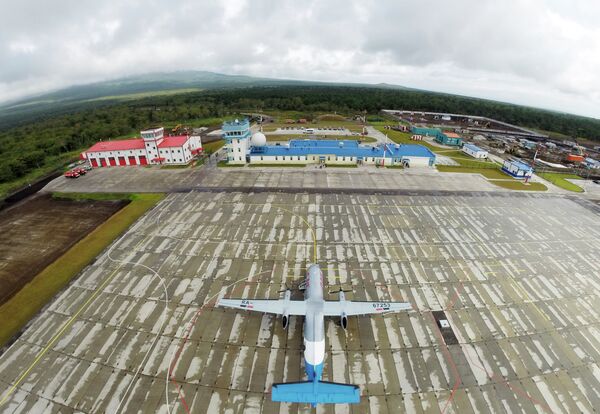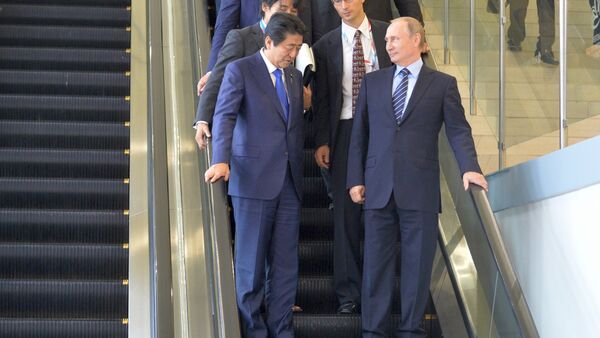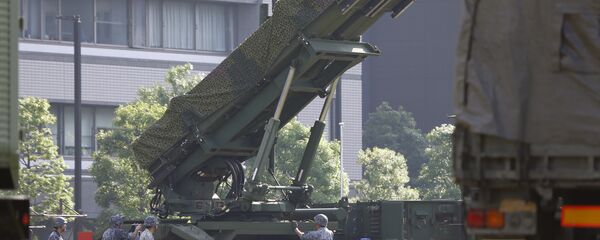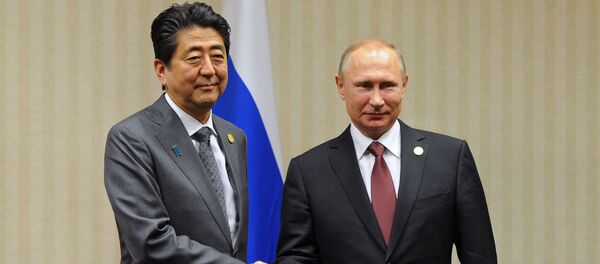He recalled that on December 8, two respected Japanese newspapers published articles about the countries' alleged plans for Putin's visit to Japan, citing authoritative sources.
One article claimed that after Putin's high-level talks in Tokyo, Japanese entrepreneurs may allegedly be allowed to make visa-free business trips to the southern part of the Kuril Islands.

"This scenario will only be possible in exchange for similar concessions for Russian businessmen who travel to Japan," Ilyashenko said.
According to another article, Japan and Russia will resume consultations using a 2+2 format, during which the countries' foreign and defense ministers will discuss ways to contain China's Arctic clout.
"This is unlikely, given that developing friendly relations with China remains a key priority for Moscow," Ilyashenko pointed out.
On December 5, he recalled, another respected Japanese newspaper had quoted sources as saying that that within the framework of talks on bolstering economic ties and clinching a peace treaty, Japan and Russia are discussing a plan to create a special economic zone in the southern part of the Kuril Islands.
He noted that "all this strategic whispering, which looking more or less reliable, was published [by the Japanese media] over the last year many times."
He described Putin's upcoming visit to Japan as a rather sensational event, which comes amid Russia's ongoing confrontation with the West.
"Importantly, the two sides signaled a readiness to discuss the political and economic aspects of the problem related to the Kuril Islands, also agreeing to avoid any information ballyhoo that could affect talks on a bilateral peace treaty," Ilyashenko said.
In this vein, he referred to the Japanese media's new approach toward covering issues pertaining to the two countries' territorial dispute. "It seems that the Japanese media outlets are now widely used for learning about public opinion's reaction to the territorial dispute," he said.
The term "new approach" was introduced by Japanese Prime Minister Shinzo Abe during the Sochi talks between Abe and Putin in May 2016.
"All the interpretations of this term are related to some shifts in Tokyo's position on the matter, including the creation of an entity to jointly manage the southern Kurils, something that was mentioned on October 17 by a media outlet which positions itself as the main newspaper of the Japanese establishment," Ilyashenko added.
As for the Russian side, it also sent sensitive information to Tokyo via media channels, he said, referring to the deployment of the Russian coastal defense missile systems Bastion and Bal to the Kuril Islands, which was reported by the local newspaper Boyevaya Vakhta.
The Kuril Islands became part of the Soviet Union after Japan's defeat in World War II under the San Francisco Peace Treaty of 1951.
Since then, they have remained a bone of contention between Moscow and Tokyo, preventing them from signing a peace treaty to formally end the war. Japan insists that the four southernmost islands should be returned.





